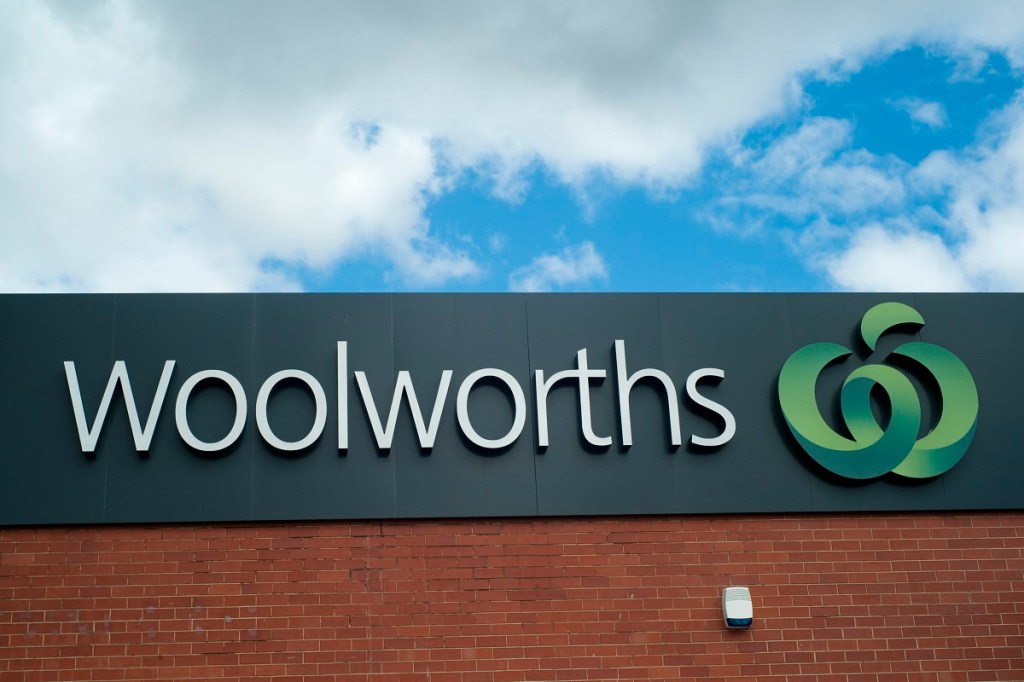The Australian Competition & Consumer Commission (ACCC) has opposed Woolworths’ proposed acquisition of the SUPA IGA in Karabar, NSW, saying that it would substantially lessen competition in the area.
The SUPA IGA Karabar is an independent supermarket, which sells a range of groceries as well as liquor in an attached Liquor Boss liquor store. It’s in a small residential suburb located around 2.5km from the town centre of Queanbeyan, which is just outside of Canberra.
The ACCC’s investigation found that the proposed acquisition would see Woolworths operate three of the six supermarkets servicing the local Queanbeyan/Jerrabomberra area.
Gina Cass-Gottlieb, Chair, ACCC, said local consumers would be left with just one Coles and two Aldi stores as alternatives to Woolworths-owned stores.
“We concluded that the removal of the SUPA IGA would likely result in a substantial lessening of competition in the area,” she said.
“The more supermarkets or grocery stores there are, the better outcomes for local consumers, who can change where they shop based on the most competitive offerings for their particular needs.”
The retail supply of groceries in the Queanbeyan and Jerrabomberra area is already highly concentrated and replacing the SUPA IGA with another Woolworths owned store would further increase this concentration.
The proposed acquisition will also affect the various suppliers who currently supply SUPA IGA, particularly those who provide those products that are not stocked by Woolworths.
The ACCC’s analysis found that the SUPA IGA Karabar, which is independent and locally owned, offers a different shopping experience to Woolworths, Coles and Aldi. This differentiated shopping experience generates competitive tension in the local area that would be lost if it was acquired by Woolworths.
“Supermarkets compete not just on the price you pay at the checkout, but the frequency and types of promotions they run, the range of products they sell, the quality of these products, and the level of service delivered at the store,” Cass-Gottlieb said.
“The local SUPA IGA competes with its different product mix, service offering and store amenity, and different promotional cycles.
“It also has the ability to make decisions locally, and to dynamically adapt and respond to changes in tastes and preferences of local customers.”
The ACCC’s decision was informed by data analysis of the spending habits of local consumers, including how often and how much local consumers spent at different supermarkets in and outside the local area.
Throughout its review, the ACCC engaged with a range of businesses and industry bodies. The ACCC also received feedback from consumers, with more than 700 responding to survey questions or providing written submissions.
To stay up to date on the latest industry headlines, sign up to the C&I e-newsletter.

